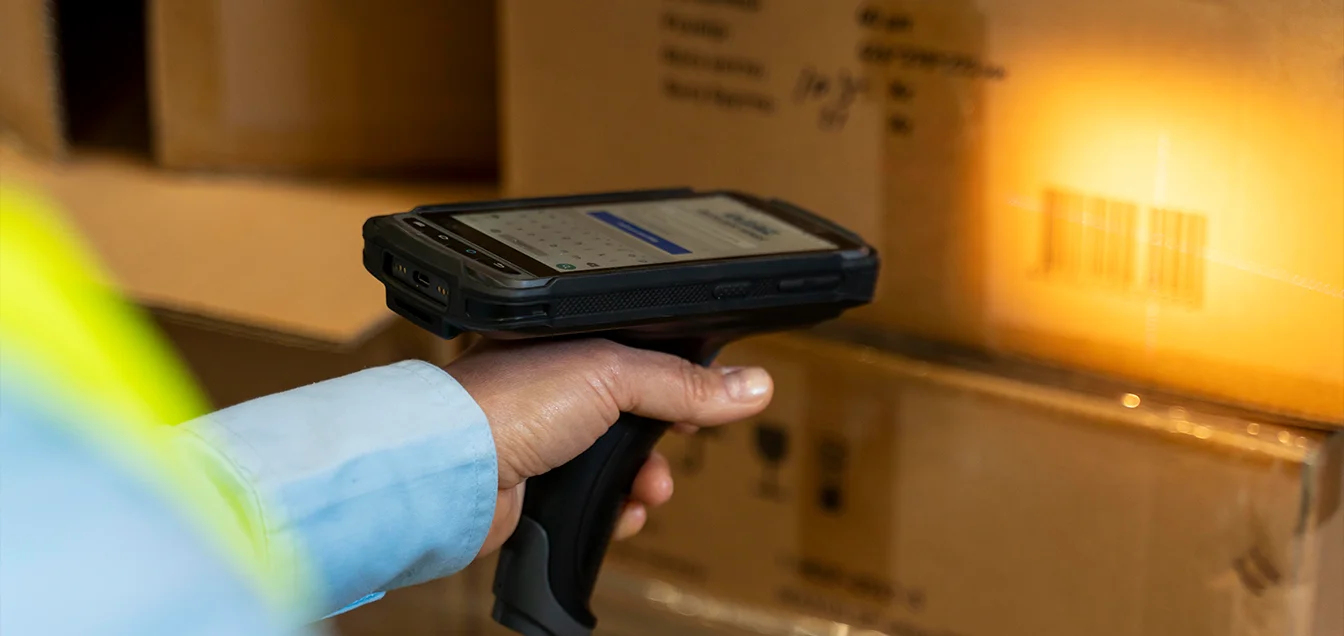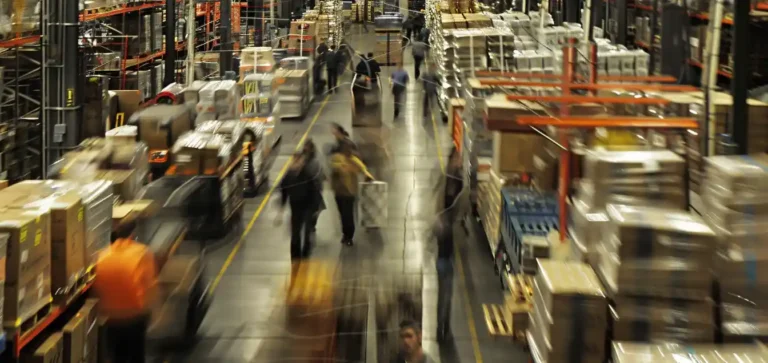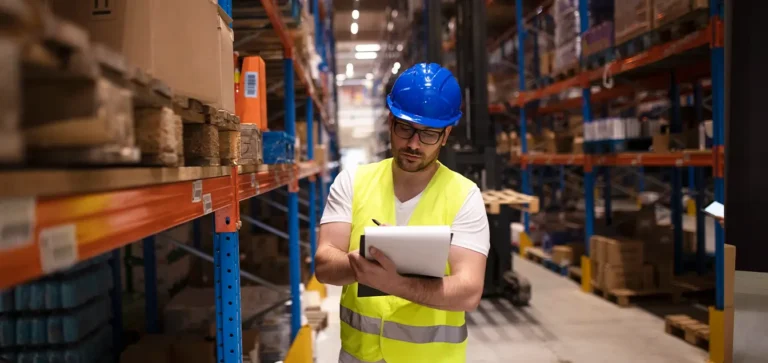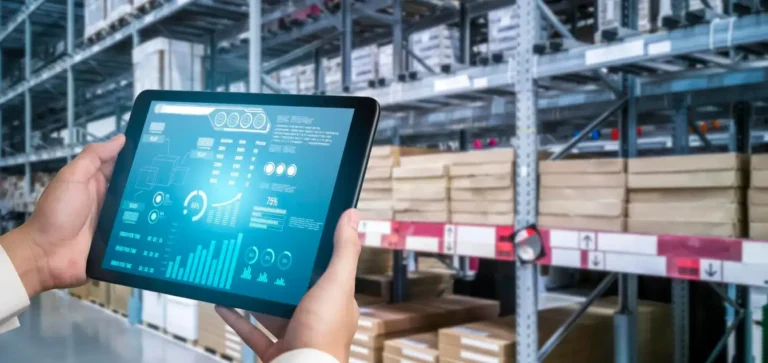In today’s competitive landscape, choosing the best warehouse management software for fulfillment is crucial for any business aiming to optimize logistics, meet customer demands, and reduce operational costs. An efficient warehouse management system (WMS) can transform your fulfillment operations by improving order accuracy, inventory management, and workflow efficiencies. This comprehensive guide explores top solutions, critical considerations, and the potential impact of implementing the best warehouse management software for fulfillment.
Table of Contents
Top Warehouse Management Software for Fulfillment
When searching for the best warehouse management software for fulfillment, it’s important to consider various features and integrations. Key factors to evaluate include real-time inventory tracking, customizable reporting, and seamless integration with your existing e-commerce platforms. Studies show that businesses utilizing advanced WMS solutions can enhance their operational efficiency by 30% or more.
Here’s a comparison table of some leading software in warehouse management:
| Software | Key Features | Price Range |
| Fishbowl | Inventory management, order tracking | $4,500 – $10,000 |
| 3PL Central | Cloud-based WMS, customizable reports | $3,000 – $10,000 |
| it’s here | Specialized in e-commerce fulfillment | Contact for pricing |
| Zoho Inventory | Multi-channel selling, shipping management | $1 – $10 per user/month |
| Orderhive | Automated order processing, tracking | $199/month |
Each option above provides unique features tailored to specific warehouse needs, so careful consideration is necessary when selecting the best warehouse management software for the fulfillment of your operations.
Best Warehouse Management System for Fulfillment

A robust best warehouse management system for fulfillment goes beyond inventory management and fulfills essential functions like order processing, data analytics, and customer relationship management. DelGate is recognized for its specialized approach within the realm of 3PL logistics in Canada, offering solutions that cater specifically to e-commerce businesses.
Case Study: DelGate’s Impact
One illustrative case of effective WMS implementation involves DelGate’s partnership with a major Canadian retailer that operates an extensive e-commerce platform. The integration of DelGate’s WMS resulted in the retailer achieving a 30% reduction in fulfillment time and a 25% decrease in order errors within six months of deployment. This case underscores how selecting the best warehouse management software for fulfillment can deliver measurable performance improvements.
Top-rated Warehouse Management System for Fulfillment
To find the top-rated warehouse management system for fulfillment, it’s essential to evaluate user ratings, customer support, and technological advancements. Systems like Fishbowl and 3PL Central have gained acclaim for their feature-rich offerings that support a range of warehouse operations.
Fulfillment Automation Technology: A Key Consideration
Adopting fulfillment automation technology is essential for warehouses seeking to improve efficiency. This technology minimizes manual labor by automating repetitive tasks, reducing human error, and speeding up the order processing lifecycle. As businesses grow, automation becomes critical in maintaining operational effectiveness and customer satisfaction.
Chart: Efficiency Gains from Automation
| Year | Manual Order Processing (Hours) | Automated Order Processing (Hours) |
| 2018 | 40 | 20 |
| 2019 | 38 | 15 |
| 2020 | 35 | 10 |
| 2021 | 30 | 5 |
As shown in the chart above, shifting from manual to automated order processing significantly reduces the time needed for fulfillment, straightening out workflows and boosting customer satisfaction.
Order Tracking Technology for Fulfillment
![]()
An efficient logistics operation incorporates order tracking technology for fulfillment. The modern customer expects visibility into their orders from the moment of purchase until delivery. Effective tracking builds trust with customers and enables better coordination within the warehouse, ensuring that everyone—from the warehouse staff to management—stays informed about order statuses.
Cutting-Edge Fulfillment Technology
The landscape of warehouse management is continually evolving, with cutting-edge fulfillment technology paving the way for innovation. Incorporating artificial intelligence, machine learning, and sophisticated analytics allows warehouses to forecast demand, optimize stock levels, and enhance overall inventory management. This is especially crucial for e-commerce fulfillment services, as they require agility and precision to meet the escalating demands of customers in a fast-paced online marketplace.
The Role of RFID Technology
One of the top innovations in warehouse management is the use of radio frequency identification. With this technology, businesses can track products in real-time, greatly enhancing the accuracy and automation of inventory management. It becomes particularly invaluable in large warehouses, where manual tracking can result in inaccuracies that negatively impact order fulfillment times and customer satisfaction. Implementing the best warehouse management software for fulfillment can optimize this technology, ensuring streamlined operations and improved efficiency in managing inventory.
Top Automated Packaging Solutions
As part of improving efficiency, deploying top automated packaging solutions can significantly enhance the fulfillment process. Automated packaging can streamline the packing process, reduce material waste, and improve shipping accuracy. Integrating packaging solutions with your WMS further ensures that the right products are packed and shipped quickly.
The Future of Warehouse Management Software

As the demand for efficient logistics continues to rise, the importance of selecting the best warehouse management software for fulfillment cannot be overstated. Industries are evolving rapidly, and the successful fulfillment of orders is not just about storage but also about the speed and accuracy of processing.
Choosing the Right Software: Key Takeaways
- Understand Your Needs: Assess your specific operational challenges and expectations before selecting a warehouse management solution.
- Evaluate Software Features: Prioritize features that align with your business model, such as automation capabilities and detailed reporting.
- Integration is Key: Ensure the selected software integrates seamlessly with existing e-commerce platforms and logistics systems.
- User Support Matters: Opt for software that offers robust customer support and resources for training staff on new systems.
By focusing on these areas, businesses can better navigate the complexities of fulfillment and find the best warehouse management software for fulfillment that meets their needs.
Conclusion
In conclusion, selecting the best warehouse management software for fulfillment offers significant advantages in efficiency and customer satisfaction. With key considerations like automation, tracking technology, and robust support, businesses can navigate the complexities of logistics and fulfillment operations. By investing in top-tier WMS, organizations position themselves for success in a rapidly changing e-commerce landscape, ensuring they meet customer demands effectively and efficiently.
For further insights into warehouse management solutions, check the comprehensive analyses available from Gartner’s Research.





